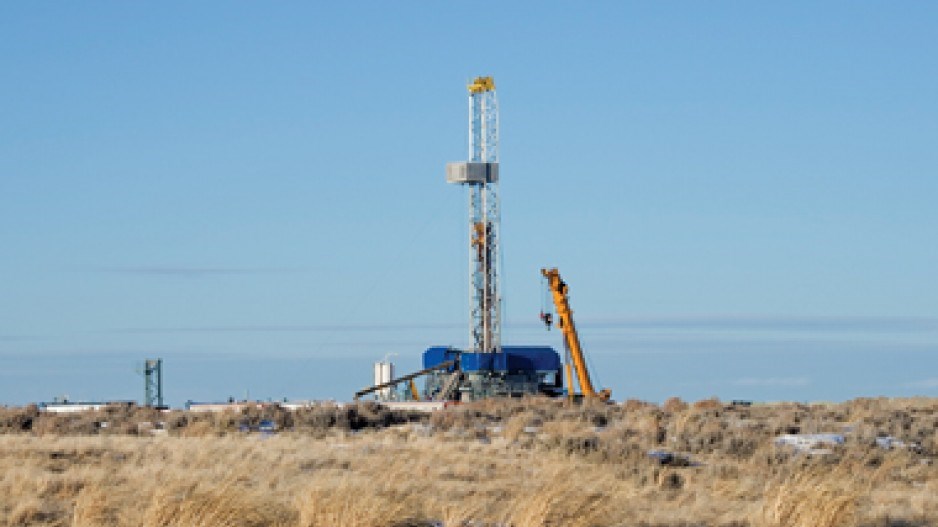Studies published in the journal Science may have handed some ammunition to anti-fracking groups in B.C.
An article by William L. Ellsworth confirms that the hydraulic fracturing process itself is not a major seismic trigger, but that the post-fracking storage of water can be.
“More than 100,000 wells have been subjected to fracking in recent years, and the largest induced earthquake was magnitude 3.6, which is too small to pose a serious risk,” an abstract in Science concludes.
“Yet, wastewater disposal by injection into deep wells poses a higher risk, because this practice can induce larger earthquakes. For example, several of the largest earthquakes in the U.S. midcontinent in 2011 and 2012 may have been triggered by nearby disposal wells.”
The largest was a magnitude 5.6 earthquake in central Oklahoma that destroyed 14 homes, the study states.
The study points out that “only a small fraction of the more than 30,000 wastewater disposal wells appears to be problematic – typically those that dispose of very large volumes of water and/or communicate pressure perturbations directly into basement faults.
“The petroleum industry needs clear requirements for operation, regulators must have a solid scientific basis for those requirements, and the public needs assurance that the regulations are sufficient and are being followed.”
According to a study released last year by the BC Oil and Gas Commission, fracking in shale gas fields in northeastern B.C. caused 38 minor seismic events over a two-year period, including one significant enough to qualify as a minor earthquake.
Hydraulic fracturing typically involves horizontal drilling. A mixture of water, sand and chemicals are injected under high pressure, fracturing shale rock containing trapped gas. Once a well is exhausted, the water is typically stored in the exhausted wells.
According to the fracking well registry, there are 34 fracking sites in northeastern B.C.




